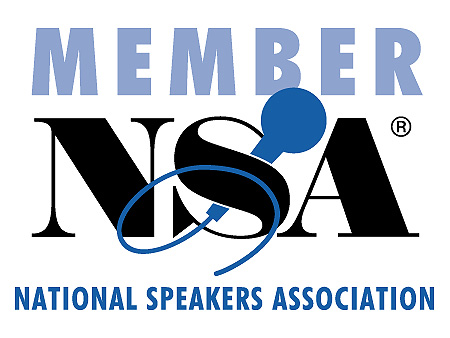 Send to Kindle
Send to KindleIt jumped out at me from the jumble of other news stories – “Staffers in the White House budget office filed a petition to gain more input into their working conditions.” They wanted to join a union! The story went on to say that the workers were seeking a little more say in their working conditions and a little more recognition for long hours and even weekend work.
Perhaps this shouldn’t be a surprise, but I must admit it wasn’t something I expected to see. After all, people who work in the White House are usually pretty highly motivated, aren’t they? They are at the very heart of power; a position envied by many, and are there because they want to be. Right? I’m sure they are, but they are also people, and like all people, need to know they are appreciated.
I speak and write about motivation from a leadership perspective so naturally I evaluated this story from that viewpoint. I have a very firm idea of what is and isn’t motivation, based on Fredrick Herzberg’s Motivation – Hygiene theory, which is strongly supported by other studies, as well as my own experience. Motivational factors, such things as the opportunity to practice and improve skills, to be a valued part of the team, and to be recognized for that are most likely what drive those White House workers, just like they do in any group of high achievers. So why this press for union representation?
One worker said they didn’t mind the long hours but wanted more recognition for their work. These are already highly motivated workers. They know they’re doing important work and they know they’re important to that work. They have the opportunity to learn and improve themselves. But they aren’t happy. I’m sure they work long hours under considerable stress; that’s the norm for a government staffer. Their complaint is they don’t feel they’re recognized for that sacrifice.
While I can’t attest to what goes on in that particular office, I have seen this problem before. Leaders who are blessed with a team of highly motivated people for whom it is not necessary to spend much time helping them find and enable their motivators sometimes assume that recognition is unnecessary. After all, “these people are doing great so they must not need any words from me.” If the workers are that motivated, they will press on, even in the absence of a few kind words from the boss. Motivation is an internal factor and the boss can’t motivate them anyway. The problem is, even the most highly motivated worker needs the occasional pat on the back. They know they’re important, but they want to know the boss appreciates their contribution. That pat on the back is an essential enabler for their own motivators.
I suspect there may be other reasons for the push toward unionization; when has a union ever fought for a worker’s right to be recognized for doing outstanding work. But this is a cautionary tale for leaders of highly motivated teams. Your people want to know that you appreciate what they do and know how hard they work.
There was a bumper sticker that used to be quite common that asked, “Have you hugged your kid today?” Leaders need to ask a very similar question. “Have you recognized your great workers today?”



